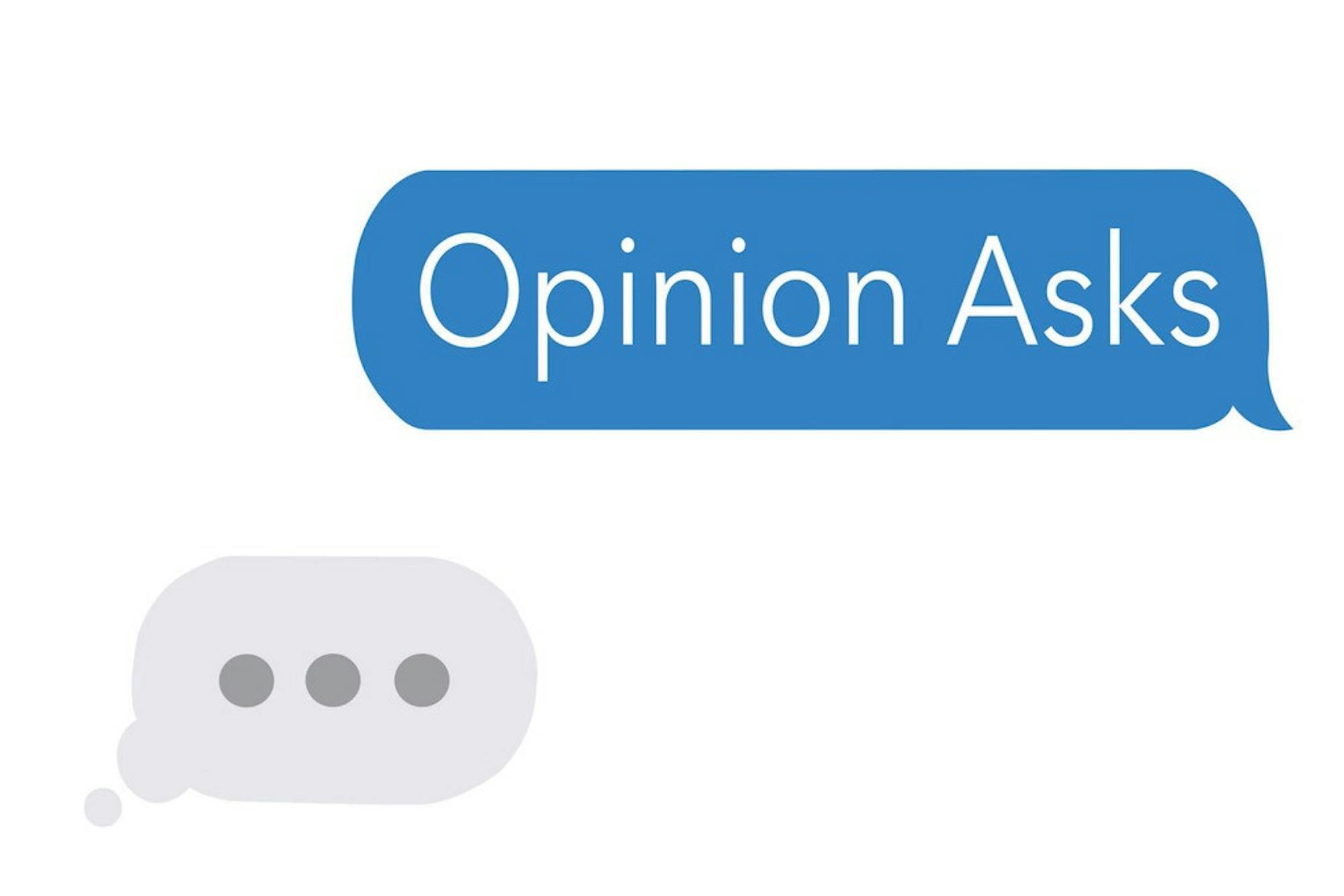Last week, the College announced its discovery of 15 Native American individual remains in collections held at the Hood Museum of Art and used recently in anthropology classes. The College plans to return these remains to federally recognized tribes in compliance with the Native American Graves Protection and Repatriation Act of 1990. It also offered support in the form of counseling to students affected by this discovery and announced the creation of a task force “to address institution-wide issues beyond NAGPRA.” We ask: “Was the College sufficient in its response to this discovery? If not, what do you feel was missing?”
I don’t think it’s emphasized enough in the announcement from the College that this is a legal issue. The College is required by federal law, passed and implemented about 30 years ago, to search their collections for Indigenous cultural items and remains and to return them to their rightful homes. People supposedly did that search in 1995. Yet, here we are. The fact that this discovery happened so recently is a massive compliance red flag. Sure, the College has ordered an external review to ensure there are no more remains to return, which I suppose is a step toward correcting the limited part of this fiasco that is remediable. But, why should we trust the College to comply with its numerous other obligations given this blatant negligence? This institution now seems like a gold mine for government auditors and investigators. Remember the mold found in dorms a while back? The College is starting to try its hand at union-busting — a likely illegal behavior — more seriously with the Graduate Organized Laborers of Dartmouth election. These are all potential legal liabilities for the College. What other laws is the College potentially failing to observe? I fear that not just we, but also the College, will only find out once it’s too late.
— Thomas Lane ’24, Opinion Editor
The College’s discovery of the Native remains was horribly tragic; due to the gravity of the situation, it was absolutely critical that the College take both short- and long-term action to navigate the crisis as best as possible. For now, it seems we are on the right track. The repatriation process was immediately initiated after the discovery, and anthropology courses which make use of those collections have been taken off the course list until further review. It is hard to imagine what more the College could do right now to remedy the situation. However, in the long-term we have yet to see whether or not the College’s actions will prove satisfactory. Though there is currently a task force being launched to “address institution-wide issues beyond NAGPRA,” the specific structure and actions of this group will determine the effectiveness of future policy. This recent catastrophe reminds us that there are still many long-standing issues to be grappled with, both in administrative policy and in the school’s core identity as an institution which was founded for the “civilization” and Christianization of local tribes. Only time will tell how this latest development affects the longer historical tragedy of the relationship of our college with Indigenous peoples.
— Ramsey Alsheikh ’26, Opinion Columnist
As someone who has been harshly critical of the College in the past, especially in regard to the handling of certain situations, I have to say that I am pleasantly surprised by the caliber of Dartmouth’s response: the thoroughness of integrity with which they are handling the situation and the explicit clarity they have expressed surrounding how such an incident arose. What they are doing in the present to rectify this, and their plan, moving forward, to ensure something like this never happens again is reassuring, to say the least. It also seems like the College is attempting to support Native students during this time; however, as a non-Native student myself, I can’t comment on the efficacy of those efforts, only that they purportedly are there. Regardless, I think that this response to a high-intensity and high-impact situation represents a significant improvement in recent years on the fronts of both quality of action taken and transparency in communication, which is a long-welcomed change.
— Matthew Capone ’24, Opinion Columnist
I am not a Native student, and I had very little knowledge of the troubled history of Native remains being used in this way prior to the news of this discovery. I appreciated that Dartmouth offered various support and listening sessions for students impacted by the news. However, I felt that the College glossed over some uncomfortable details that led to this discovery. From the official announcement, I understood that the College received an outside grant in 2020, which is when they hired a temporary fellow to examine their NAGPRA files on hand. With the endowment we have, and the purported centrality of Native Americans to Dartmouth’s modern identity, outside funding should not have been necessary to complete this essential task. I hope that in the future, the College will prioritize righting this wrong and ensure no future oversights of this magnitude occur ever again.
— Thomas de Wolff ’24, Staff Columnist


